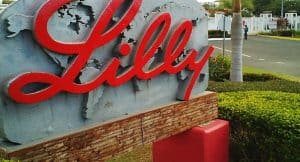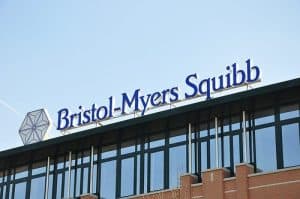Plavix to face six generic competitors in Europe
pharmafile | June 17, 2009 | News story | Sales and Marketing | Plavix, Sanofi-Aventis
Plavix is to face competition from six generics in Europe, potentially decimating sales of Sanofi-Aventis' brand in the region.
Plavix (clopidogrel) is currently the world's second biggest-selling drug, earning around $8 billion in 2008. Its patent will expire in the US in 2011, and in 2013 for most of Europe.
The new rivals have managed to circumvent Sanofi's European patents by producing a sufficiently different chemical formulation of clopidogrel.
The new competitors were given the green light by Europe's CHMP in May, which means they should gain final marketing approval by August.
Four of the products come from Swiss generics firm Acino (formerly known as Schweizerhall), and one apiece from Teva and Pharmathen have also gained approval to launch versions.
Acino has been selling generic Plavix in Germany since last year, and says its generic version had already captured about a quarter of the German market. Sanofi appealed against the generic's approval in Germany repeatedly but without success. There are no direct legal disputes between Acino and Sanofi-Aventis over the drug.
Sanofi is currently downplaying the news, saying it is only one step in the overall generics approval process.
Sanofi says it will not change its earnings guidance for 2009 as a result. In a statement the company added: "Sanofi-Aventis will defend its legitimate intellectual property rights to the extent that they are applicable to any products containing clopidogrel."
Of the six new generics approved through the EMEA centralised procedure, five are forms of clopidogrel using a besilate salt in its formulation compared to Plavix, which contains hydrogen sulphate.
The generics were approved for the same indications as Plavix, including the prevention of atherothrombotic events in patients suffering from myocardial infarction, recent stroke, established peripheral arterial disease and acute coronary syndrome.
Patent fights
Sanofi and BMS have also tried to prevent generic sales of the drug in Canada. They brought a legal case against Canadian generics manufacturer Apotex, which ended with the latter company having only five days to market the drug before a court order forced it to stop.
Sanofi and BMS were later investigated by US government anti-competition watchdogs over an aborted deal to pay Apotex to delay the generic version.
More branded competition
Plavix also faces competition from more branded medicines including Lilly and Daiichi Sankyo's blood-thinning drug Efient, this year launched in the UK for heart attack patients.
Efient has not been expected to overhaul Plavix, as the established drug has a wealth of data behind it and is familiar to doctors, but is expected to earn around $3 billion in peak sales.
AstraZeneca has also been lifted by clinical results for its own anti-platelet drug Brilinta, with the company this year indicating it outperformed Plavix in a phase III trial. However, the drug is not yet approved and more data must be collected.
Related Content

Sanofi lowers Q3 sales figures from 2015
Sanofi lowered its aggregate sales figure for Q3 2016 from €9.59 billion to €9.46 billion …

NICE extends recommendation for Efient
In updated guidance NICE has extended its recommendation of Efient (prasugrel) in combination with aspirin …

CHMP approves six drugs including daclatasvir
A key advisory committee for the European Medicines Agency has given its approval to six …






